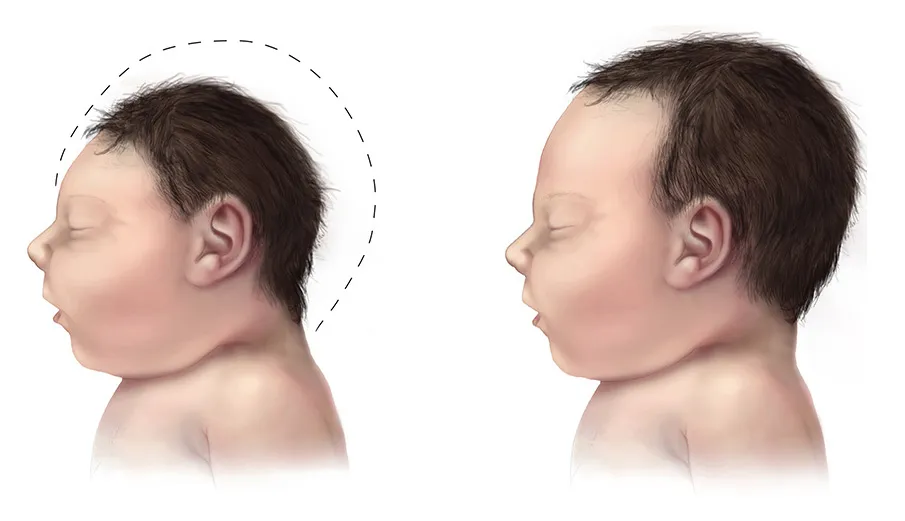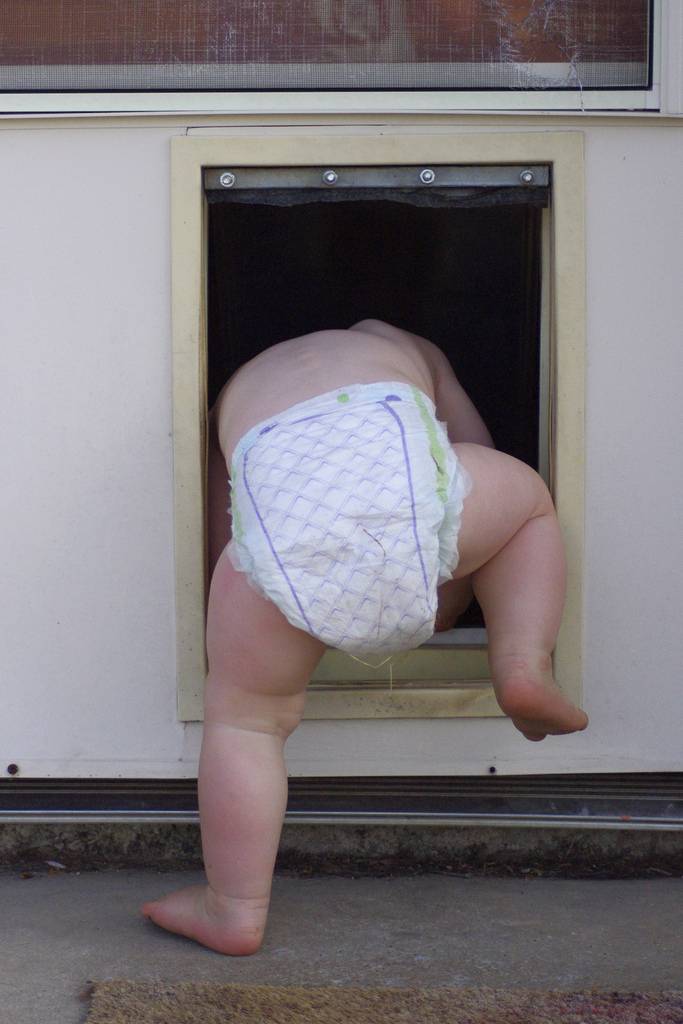The Itchy Truth About Mosquito Bites
Warm weather means more time outside—playing in the yard, going to the park, or enjoying a family hike. But it also brings an annoying visitor: mosquitoes. And for kids, these tiny pests are more than just a nuisance.
Mosquito bites can cause relentless itching and skin irritation and even lead to painful infections if not treated properly.
Why Do Mosquito Bites Itch So Much?

When a mosquito bites, it pierces the skin and injects its saliva. This saliva contains special proteins that prevent your blood from clotting—making it easier for the mosquito to feed. But your child’s immune system doesn’t take kindly to this invader.
For children, they react by releasing histamine, a natural chemical that increases blood flow and triggers itching, swelling, and redness. This reaction can feel much more intense. Their skin is more sensitive and likely to scratch—sometimes until the skin breaks, leading to secondary infections.
That’s why it’s important to know how to treat mosquito bites safely and effectively. In this blog, you’ll discover simple home remedies, powerful prevention tips, and smart strategies to stop mosquito bites from causing problems for your child.
You’ll also learn when a bite might be more serious and how to protect your little one all summer long. Let’s dive into what you need to know to keep your child itch-free, safe, and smiling—even when the bugs are out.
Why Mosquito Bites Are Particularly Troublesome for Kids
Mosquito bites aren’t just itchy—they can become a real health concern, especially for young children. Kids tend to have more intense reactions and face greater risks when it comes to these pesky bites. Here’s why mosquito bites are especially problematic for little ones:
Excessive Scratching Can Lead to Infections
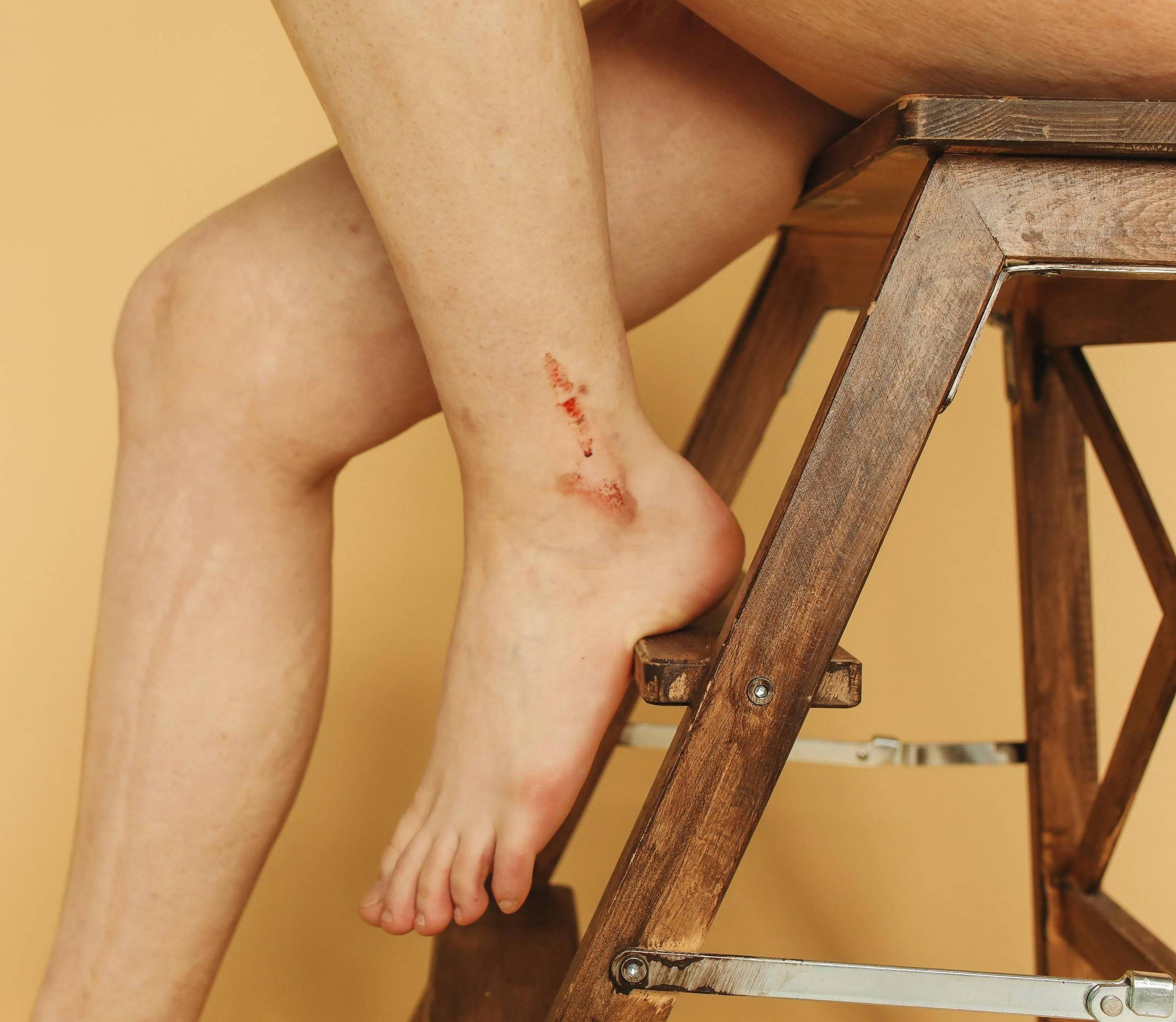
Children often scratch without realizing how harmful it can be. Unlike adults who may resist the urge, kids tend to scratch aggressively and frequently. This can break the skin, opening the door for bacteria and causing painful secondary infections like cellulitis.
In some cases, what starts as a small bite can turn into a red, swollen, and even pus-filled sore that needs medical treatment.
Children Have More Sensitive Skin
Your child’s skin is thinner and more delicate, which means it reacts more strongly to irritants like mosquito saliva. This sensitivity can lead to larger welts, increased redness, and long-lasting irritation compared to what adults typically experience. Even a single bite can cause significant discomfort.
They’re Outside More During Peak Mosquito Hours
Let’s face it—kids love being outside. Whether playing in the backyard, exploring parks, or joining summer camp activities, children often spend time outdoors during dawn and dusk, which are prime times for mosquito activity. Their increased exposure puts them at higher risk of getting bitten.
These factors make it crucial for parents to understand how to treat mosquito bites and how to prevent them from happening in the first place.
Relieving the Itch: Soothing Home Remedies for Mosquito Bites in Kids
When your child gets a mosquito bite, the urge to scratch can feel overwhelming. But scratching can make things worse—leading to skin damage, infection, and discomfort. Thankfully, several gentle and effective home remedies can bring fast relief and help your little one feel better quickly.
1. 🧼 Wash the Area with Soap and Water
The very first thing you should do is gently clean the bite. Use warm water and mild soap to wash the area. This helps remove dirt, bacteria, and mosquito saliva, reducing the risk of infection and helping the skin heal faster.
Tip: Pat the area dry with a soft towel instead of rubbing it, which can irritate the skin more.
2. ❄️ Apply a Cold Compress
A cold compress is one of the quickest ways to ease swelling and stop the itch. Wrap ice in a clean cloth or use a cold gel pack, then press it gently onto the bite for about 10 minutes. Cold numbs the area, reduces inflammation, and gives your child immediate relief—without medication.
3. 💗 Soothe with Calamine Lotion
Calamine lotion is a trusted go-to for bug bites. It contains zinc oxide, which has cooling and anti-itch properties that calm irritated skin. Apply a thin layer directly to the bite 2–3 times daily. It dries quickly and can help your child resist the urge to scratch.
4. 🌿 Use a Low-Dose Hydrocortisone Cream (0.5–1%)
For bites that are especially itchy or inflamed, over-the-counter hydrocortisone cream can help. It’s a mild steroid cream that reduces redness, swelling, and irritation. Use sparingly and only on children over 2 years old unless directed by your pediatrician. Avoid broken skin or applying near the eyes and mouth.
5. 🥄 Make a Baking Soda Paste
This classic remedy is simple and effective. Mix 1 tablespoon of baking soda with just enough water to form a paste. Spread it over the bite and let it sit for 10 minutes before rinsing. Baking soda can neutralize skin acids and reduce itchiness, making it ideal for kids with sensitive skin.
6. 🛁 Try an Oatmeal Bath for Multiple Bites
If your child has several bites, an oatmeal bath offers all-over relief. Colloidal oatmeal (a finely ground, natural oatmeal) has anti-inflammatory and skin-soothing properties. Add 1 cup of colloidal oatmeal to a lukewarm bath and let your child soak for 15–20 minutes. Avoid hot water, which can worsen itching.
These remedies are gentle, affordable, and easy to do at home. Best of all, they’re safe for children when used properly.
Preventing Scratching and Infection
Preventing your child from scratching mosquito bites is crucial to avoid infections. Here are some strategies:
- Keep Fingernails Trimmed: Short nails reduce the risk of breaking the skin when scratching.
- Cover the Bite: Use a small bandage to cover the bite, especially at night, to prevent unconscious scratching.
- Educate Your Child: Teach them about the importance of not scratching and offer distractions to keep their hands busy.
Scratching can introduce bacteria into the skin, leading to infections like cellulitis. Signs of infection include increased redness, swelling, warmth, pus, or fever.
When to Seek Medical Attention
Most mosquito bites are more annoying than dangerous. But in some cases, a bite can become something more serious. As a parent, it’s important to know when to stop treating at home and call your pediatrician or seek urgent care. Here are the warning signs every caregiver should watch for:
🚨 1. Signs of Infection
If your child’s bite becomes more painful or shows signs of infection, it’s time to get medical help. Look for:
- Redness that spreads
- Swelling that increases instead of going down
- Warmth or heat around the bite
- Pus or yellow discharge
- Fever or chills
These may indicate a bacterial skin infection, like cellulitis, which needs prescription antibiotics to heal.
😖 2. Severe Skin Reactions
While most bites are small and fade quickly, some children may develop a more intense local reaction, called skeeter syndrome. Watch for:
- Very large or swollen bites
- Blisters or fluid-filled bumps
- Extreme redness or warmth
These reactions might look alarming, but they’re not usually dangerous. However, they should still be evaluated by a doctor, especially if your child is in significant pain or discomfort.
😨 3. Allergic Reactions
Severe allergic reactions to mosquito bites are rare—but they can happen. Seek emergency care immediately if your child has:
- Trouble breathing or shortness of breath
- Swelling of the face, lips, tongue, or throat
- A widespread rash or hives
- Dizziness or fainting
These are signs of anaphylaxis, a medical emergency that requires urgent treatment.
🌍 4. Mosquito-Borne Illness Symptoms
In some areas, mosquitoes carry viruses that can cause serious illnesses like West Nile virus, Zika, chikungunya, or dengue. If your child develops these symptoms within two weeks of being bitten, seek medical care:
- High fever
- Severe headache
- Muscle or joint pain
- Extreme fatigue
- Confusion or neurological changes (in rare cases)
If you live in or have traveled to a region where mosquito-borne illnesses are common, inform your doctor.
✔️ Bottom Line:
While mosquito bites are usually harmless, don’t ignore the red flags. When in doubt, reach out to your pediatrician—especially if your child’s symptoms worsen or don’t improve after a few days. Quick medical care can prevent complications and keep your child feeling their best.
Preventing Mosquito Bites
Prevention is the best strategy to protect your child from mosquito bites. Here are effective methods:
Use Insect Repellents Safely
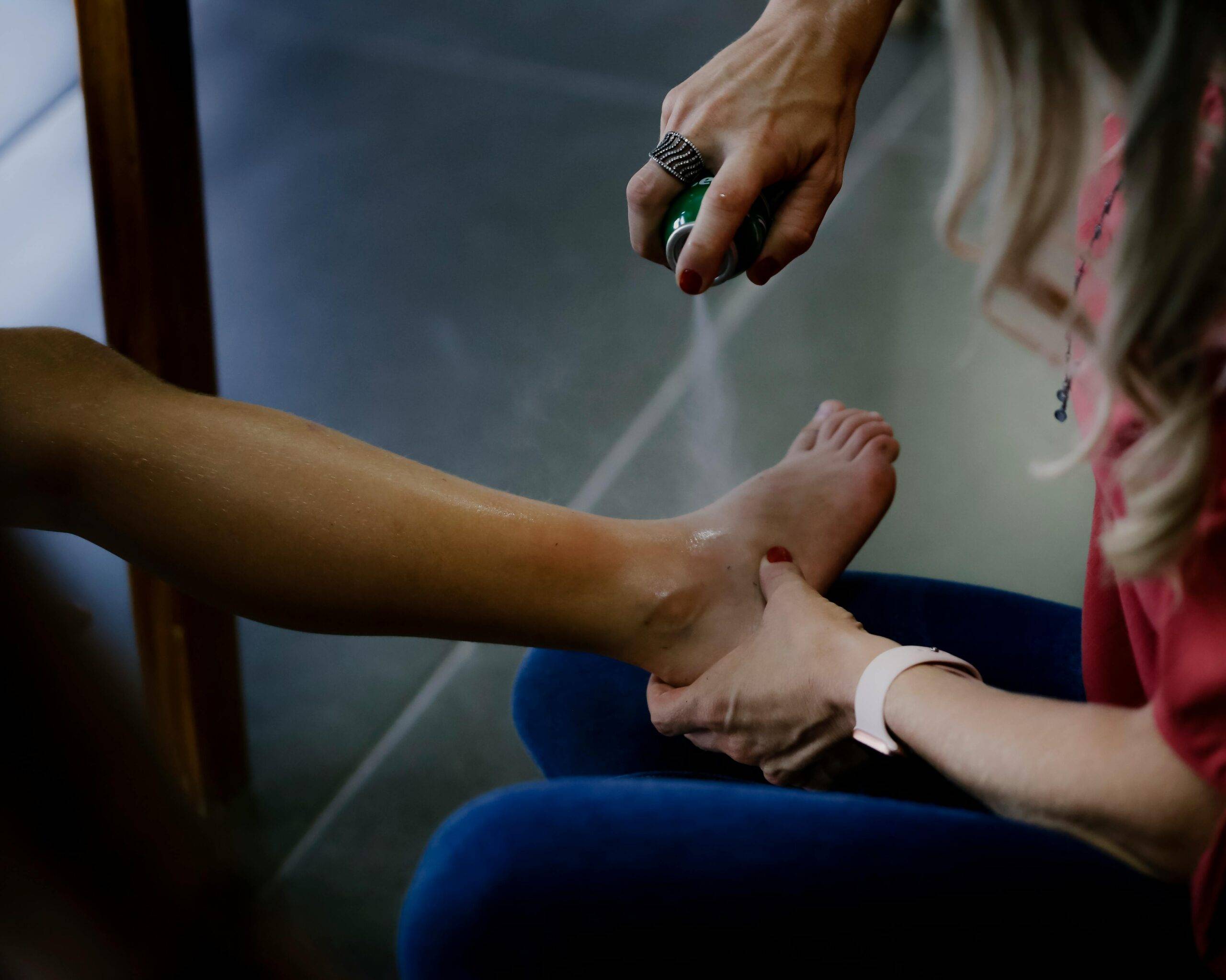
Choose EPA-registered insect repellents containing DEET, picaridin, IR3535, or oil of lemon eucalyptus. Note age restrictions:
- DEET: Safe for children over 2 months old. Use concentrations of 30% or less.
- Picaridin: Effective and less greasy than DEET. Suitable for children over 2 months old
- Oil of Lemon Eucalyptus: Not recommended for children under 3 years old.
Apply repellents to exposed skin and clothing, avoiding hands, eyes, and mouth. Do not apply under clothing or on irritated skin.
Wear Protective Clothing
Dress your child in long sleeves and pants, especially during dawn and dusk when mosquitoes are most active.
Use Mosquito Nets
Cover strollers and cribs with mosquito nets to protect infants and toddlers.
Eliminate Standing Water
Mosquitoes breed in standing water. Regularly empty water from containers like buckets, flower pots, and birdbaths around your home.
Limit Outdoor Time
Reduce your child’s outdoor activities during peak mosquito hours—early morning and evening.
Keep Your Kids Itch-Free and Safe This Summer
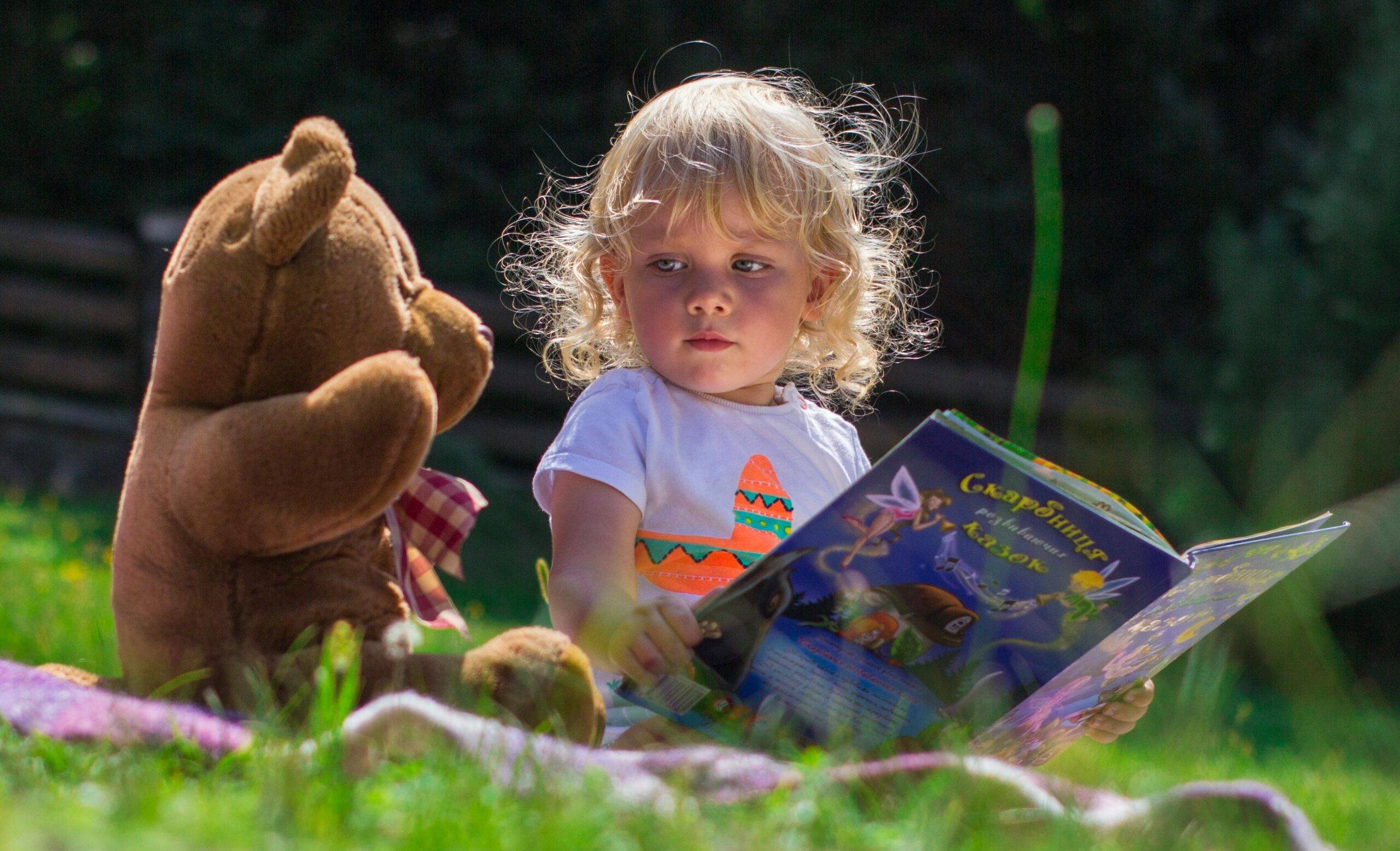
Mosquito bites may be a natural part of warm weather, but they don’t have to ruin your child’s outdoor fun. By using safe, proven treatments and preventive strategies, you can stop the itch before it starts—and protect your child from the discomfort and risks mosquito bites can bring.
Start with the basics: keep skin clean, reduce swelling with cold compresses, and calm the itch with kid-safe remedies like calamine lotion or oatmeal baths.
Most importantly, prevent future bites with smart strategies like EPA-approved repellents, protective clothing, and removing standing water around your home. Knowing how to relieve mosquito bites safely and effectively isn’t just good parenting—it’s peace of mind.
Want even more trusted health advice from pediatric experts? Visit Omegapediatrics.com for family-friendly guides like Febrile Episodes in Children: A Comprehensive Exploration of Fever-Related Issues and 7 Tips to Keep Kids Free from Bug Bites this Summer
Protect your child. Ease the itch. Enjoy the outdoors with confidence.

